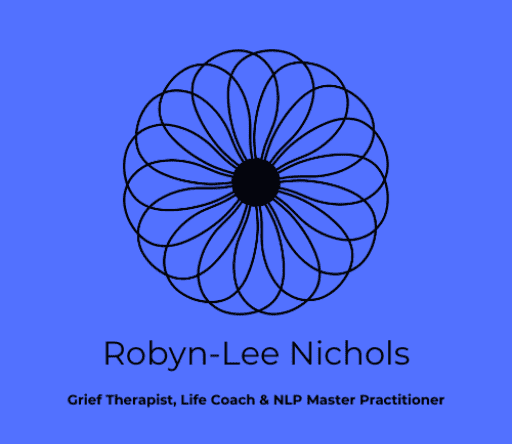Seven Prevention Strategies to Overcome Chronic Loneliness in Grief
Chronic loneliness in Grief and loss can significantly impact our emotional well-being and social connections. In the aftermath of losing a loved one, many individuals find themselves grappling with a persistent feeling of isolation that can have severe consequences for mental and physical health. This article explores effective strategies to prevent and overcome chronic loneliness in the context of grief and loss.
Understanding the Link Between Chronic Loneliness in Grief and the complexities of Grief
Grief is a complex emotional process that often leads to social withdrawal and feelings of isolation. The loss of a significant relationship can create a void in one’s life, disrupting established routines and social networks. This sudden change can trigger chronic loneliness, which, if left unaddressed, may exacerbate the grieving process and lead to long-term emotional distress.
Recognizing the Signs of Chronic Loneliness in Grief
To effectively prevent chronic loneliness, it’s crucial to recognize its signs early. These may include:
- Persistent feelings of emptiness or disconnection
- Difficulty finding meaning or purpose in daily activities
- Increased irritability or sensitivity in social situations
- Physical symptoms such as fatigue, insomnia, or changes in appetite
- Negative self-talk and low self-esteem
By identifying these signs, individuals can take proactive steps to address loneliness before it becomes a chronic issue.
Prevention Strategies For Chronic Loneliness in Grief
1. Maintain and Nurture Existing Relationships
While it may be tempting to isolate oneself during the grieving process, maintaining connections with friends and family is crucial. Regular communication, even if brief, can provide emotional support and a sense of belonging. Consider:
- Scheduling regular check-ins with close friends or family members
- Joining support groups for individuals experiencing similar losses
- Engaging in shared activities or hobbies with loved ones
2. Expand Your Social Network
Grief can sometimes lead to the realization that one’s social circle was heavily dependent on the lost loved one. Expanding your social network can help fill this void and create new opportunities for connection. Try:
- Volunteering for causes you care about
- Joining clubs or organizations aligned with your interests
- Attending community events or classes
3. Embrace Technology for Connection
In today’s digital age, technology offers numerous ways to stay connected, even when physical presence isn’t possible. Utilize:
- Video calling platforms to have face-to-face conversations with distant friends or family
- Social media to stay updated on loved ones’ lives and share your own experiences
- Online forums or support groups specific to grief and loss
4. Practice Self-Compassion and Emotional Awareness
Loneliness often stems from negative self-perception and emotional disconnect. Cultivating self-compassion and emotional awareness can help combat these feelings:
- Engage in regular mindfulness or meditation practices
- Keep a journal to process emotions and track your grieving journey
- Practice positive self-talk and challenge negative thought patterns
5. Seek Professional Support
Sometimes, the complexity of grief and loneliness requires professional intervention. Don’t hesitate to:
- Consult a therapist or counselor specializing in grief and loss
- Consider grief support groups led by trained professionals
- Explore cognitive-behavioral therapy (CBT) or other evidence-based treatments for loneliness
6. Develop a Routine and Sense of Purpose
Structure and purpose can be powerful antidotes to loneliness. Create a daily routine that includes:
- Regular physical exercise, which boosts mood and energy levels
- Engaging in meaningful activities or hobbies
- Setting and working towards personal goals
7. Honor the Memory of Your Loved One
Finding ways to maintain a connection with the deceased can provide comfort and reduce feelings of isolation:
- Create a memory book or digital archive of shared experiences
- Participate in activities or causes that were important to your loved one
- Establish rituals or traditions to celebrate their life
Conclusion
Preventing chronic loneliness after experiencing grief and loss requires a multifaceted approach that addresses both emotional and social needs. By implementing these strategies, individuals can navigate the challenging terrain of grief while fostering meaningful connections and a renewed sense of purpose. Remember that healing is a gradual process, and it’s okay to seek help when needed. With time, patience, and intentional effort, it is possible to overcome loneliness and find joy in life once again.







